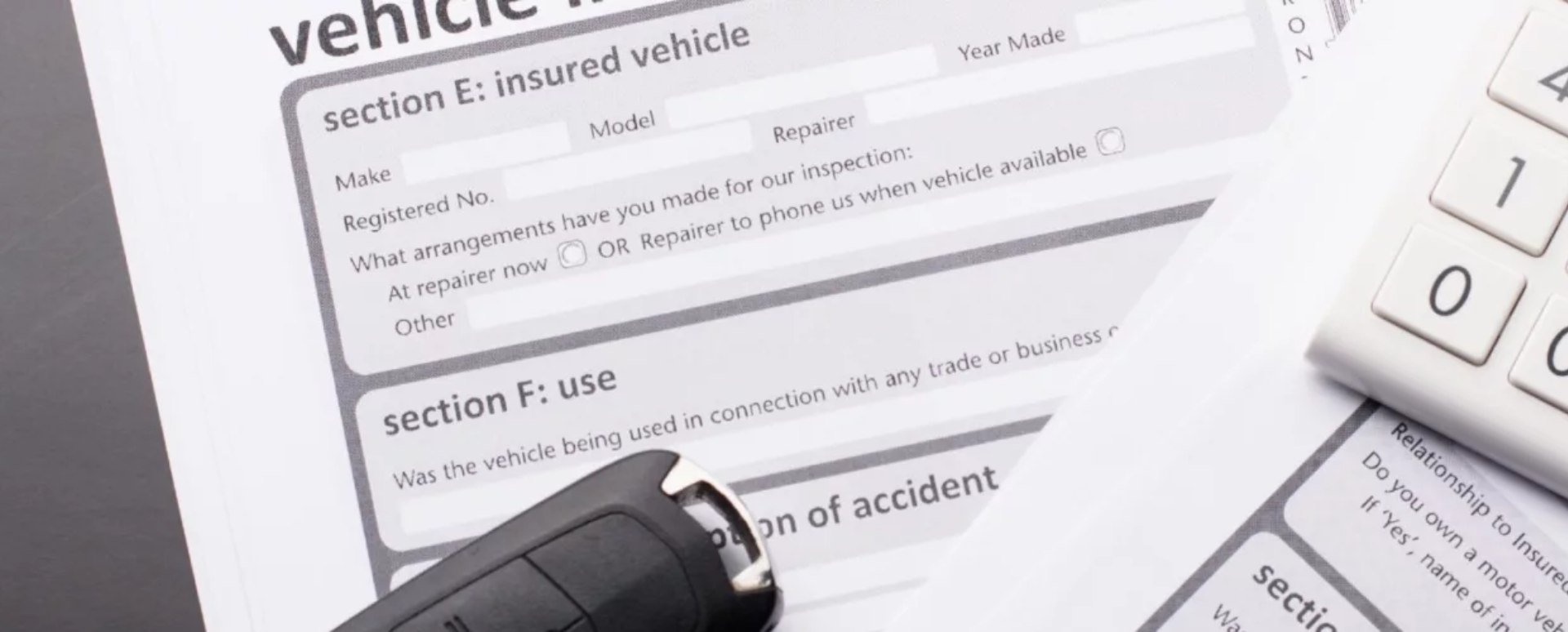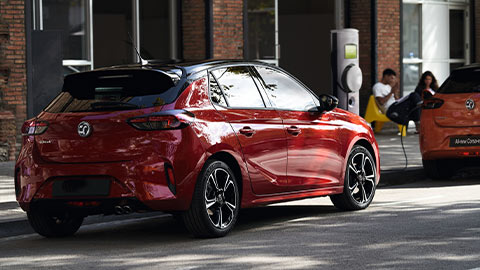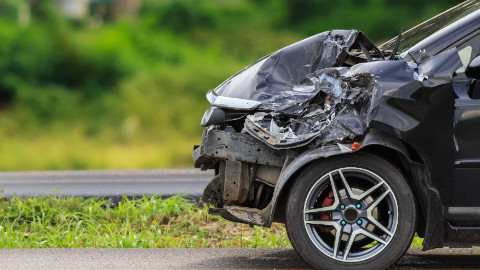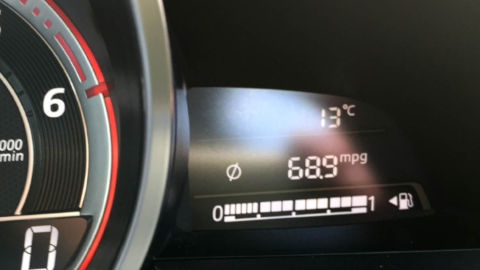There are few things more exciting than getting a new car. The smooth acceleration, the responsive brakes, that distinctive smell – it all adds to the thrill. But while many of us take great pleasure in driving, there are some aspects of car ownership that are less enjoyable.
Sorting out insurance is certainly one of them. It’s a legal requirement, of course, but with so many providers to choose from, it can feel like a daunting and complicated task. It can pay to shop around for the best deal but to do that you need to know exactly what you’re looking for, how the cover works and how much it’s likely to cost.
There are many different types of car insurance, as well as a variety of technical terms that can seem confusing, so it’s important that you understand the ins and outs before you settle on a policy.
What is car insurance and what does it cover?
Car insurance is there to protect you and your finances in the event of your vehicle being involved in an accident, stolen, damaged by fire or vandalised. The insurance company will then offer a settlement that is designed to cover the cost of the necessary repair work, or equal to the vehicle’s value at the time of being written off.
Exactly what is included in your car insurance will depend on the type of policy you have taken out. Some will protect you against all of the instances mentioned above, whereas other forms will only cover certain aspects. You can find more information on the different types of car insurance below.
It’s important to note that you will only have to claim on your policy when you are at fault for the accident. If someone else is to blame, they should be claiming through their policy.
What are the different types of car insurance?
There are three main types of car insurance, each offering a slightly different level of cover. They are known as:
Comprehensive car insurance
This is the highest level of car insurance and can often work out to be the cheapest. This type of policy protects you for:
- Damage to your vehicle, even if you were to blame for the accident
- Fire damage
- Your car being stolen
- Damage to another person and their property
Third-party, fire and theft
The major difference between this policy and a fully comprehensive one is that you are not covered for repairs to your vehicle if the accident was your fault. You are protected in the event of:
- Theft of your car
- Fire damage to your car
- Damage to someone else and their property
Third-party car insurance
This is the most basic level of car insurance, offering the least protection. With third-party, you are only covered for:
- Damage to another person and their property
Gap insurance
There is also gap insurance, but this is an optional extra and is not a legal requirement in the way that a standard policy is. Gap insurance covers the difference between your settlement figure and the amount you paid for the vehicle in the first place. This is especially useful for new cars, which can depreciate in value quickly and could leave you significantly out of pocket in the event of a write-off.
How much is car insurance in the UK?
There's no one set price for car insurance in this country. The cost of your premium will vary widely depending on a number of factors, including:
- The vehicle’s make, model and engine size. Newer, more powerful cars are likely to cost more to insure.
- Any modifications you have made to the car. These can make repairs more expensive, so your premium is likely to rise.
- Where you live and where you store the vehicle. If crime rates are low and you use a secure garage, your insurance is likely to cost less.
- How old you are. Younger drivers tend to face higher premiums as they are deemed a greater risk.
- Previous experience. If you have a history of accidents and claims, your cover is likely to be more expensive.
- Mileage. Those who cover tens of thousands of miles a year are likely to pay more, than drivers who only use their cars to nip to the shops once a week.
How to get cheap car insurance
There are many ways to help lower the cost of your car insurance. Taking the time to shop around for the best deal can prove worthwhile, as can paying your premium annually rather than via monthly instalments.
Building up your no-claims bonus will help your insurers to see you as a lower risk, while the addition of other drivers can also prove cost-effective. You should also be careful about any modifications you make to your vehicle, as you may need to inform your insurers of the changes, which could cause your premium to rise.
Am I insured to drive my car abroad?
Travelling abroad can often be more dangerous than travelling in the UK. Unfamiliar roads, traffic systems, road signs, driver customs and more can mean your likelihood of an accident may increase. Many countries have entirely different standards of driving from the UK also, so keeping yourself safe when travelling abroad is extremely important. If you’re unlucky enough to have an accident, however, insurance is very important so you must check with your UK insurer before heading off. There are a number of important points to raise with your current insurer:
- Is your current insurance RTA (Road Traffic Accident) only?
- Is your current insurance only a third party when travelling abroad?
- Are you covered if your car is stolen or involved in a legal matter after a collision
- Can you get fully comprehensive car insurance with them?
Most insurers will be happy to keep your business and will be keen to set you up with a policy that will cover you when travelling abroad. In the majority of cases, this will simply be an extension to your existing policy for a set number of days, but there are other options also.
Frequently Asked Questions
No. In this country, car insurance is a legal obligation if you are using it to drive on the road or in a public place. If you are found to be driving without it, you risk a fixed penalty of up to £300 and six points on your licence. Should the case end up in court, you could face an unlimited fine and disqualification from driving.
Unfortunately, it’s difficult to offer a straight answer to this question as, like all other vehicles, the cost of your electric car insurance policy will vary based on a number of things. The make and model of your EV will likely determine the price of your premium as will the availability of specialist repairers and parts, not to mention external factors such as your age and driving history.
The excess is a relatively small amount you will have to pay when you make a claim. Your insurers will cover the vast majority, but they will have a pre-set fee that you will be required to pay, regardless of the size of your claim. Some providers offer you the chance to increase your voluntary excess, which enables you to reduce the price of your premium.
Learn more about car ownership with Evans Halshaw
Whilst it can be a pain to setup, car insurance is a critical piece of coverage that ensures you're covered from damage and compliant with the laws of the road.
If you'd like to learn more about car ownership, then our dedicated owner's section of our blog is home to a wide range of insightful articles and guides










